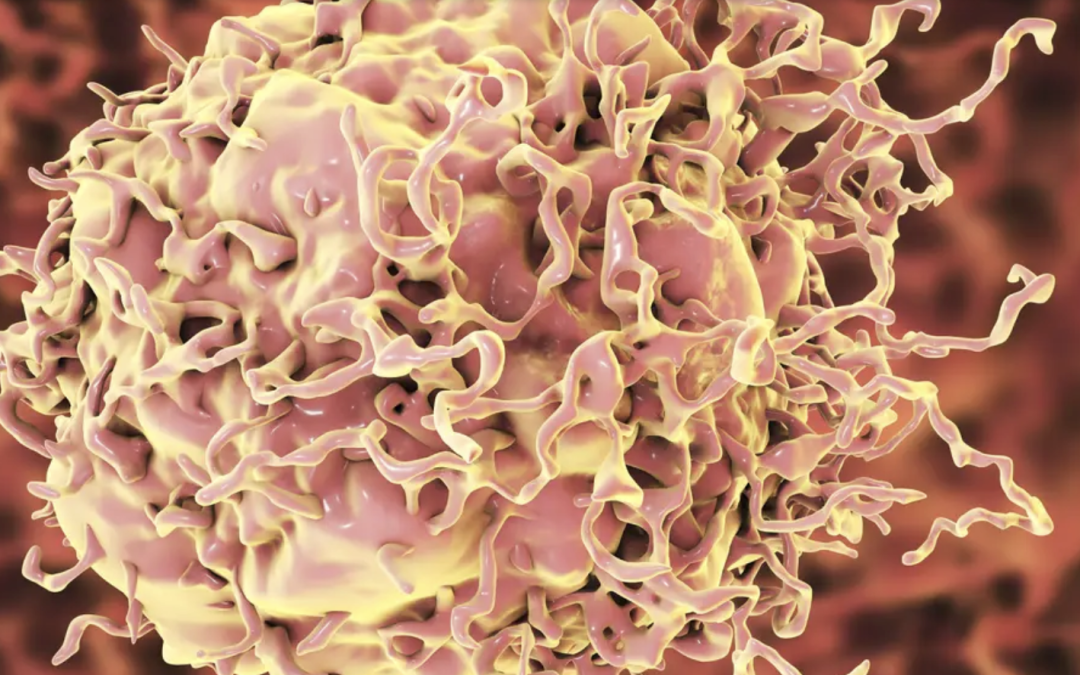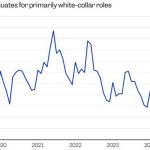The researchers, using France’s National Health Data System, analyzed cancer incidence among two groups—one consisting of 41,302 hospitalized patients due to severe COVID-19 infection between February 2020 and August 2021, and the other comprising 713,670 individuals who were not hospitalized due to infection as the control group. The two groups were matched in terms of gender, age, and geographic location.
The study showed that patients hospitalized due to severe COVID-19 infection had a 31 percent increased risk of developing cancer compared to the control group. Additionally, during the first three months following hospitalization, the risk of cancer among patients with COVID-19 was notably higher, with a 65 percent increase compared to the control group.
Severely ill patients experienced a notable increase in the risk of renal cancer by 216 percent, colon cancer by 72 percent, and lung cancer by 70 percent.
Furthermore, severely ill patients face a significantly increased risk of developing blood-related cancers, with a 228 percent increase in leukemia, a 121 percent increase in multiple myeloma, and a 115 percent increase in non-Hodgkin lymphoma.
The researchers conducted a further analysis based on age and gender, revealing that severe COVID-19 cases often indicate a higher cancer risk for women and individuals under the age of 60. After contracting COVID-19 and experiencing severe symptoms, the cancer risk increased by 69 percent for women and 20 percent for men. Additionally, the cancer risk rose by 78 percent for those under 60 and 22 percent for those aged 60 and above. Notably, for women under the age of 60, severe symptoms following infection resulted in a significant 115 percent increase in cancer risk.
The study did not establish a causal relationship between cancer and severe COVID-19 infection, but researchers believe that severe symptoms after contracting COVID-19 may be a marker of undiagnosed cancer.
Will Cancer Become a Long-Term Effect of COVID-19?
An increasing body of research suggests that the virus responsible for COVID-19 can have long-lasting immunomodulatory effects, trigger chronic inflammation, and cause irreversible tissue damage. Previous studies have also shown that the mechanisms by which some viruses induce tumors are often linked to chronic low-grade inflammation and immune escape. COVID-19 infection can lead to excessive cytokine release, impaired T-cell responses, aberrant activation of signaling pathways, and tissue damage—all of which are characteristics found in the tumor microenvironment.
During infection, mucin levels in the patient’s body increase. Generally, there is a higher production of mucins in tumor tissues, while they are less common in normal tissues.
The researchers also noted that for survivors of COVID-19, the virus’s lingering sequelae can persist for several months, potentially further increasing the risk of developing cancer. However, further investigation is required to confirm this finding.
Does COVID-19 Vaccination Truly Prevent Severe Symptoms?
Since the pandemic, governments in many countries have mandated vaccination to prevent the risk of severe symptoms following COVID-19 infection. However, some experts believe that receiving mRNA vaccines is associated with an increased incidence of cancer in young and middle-aged individuals.
He also highlighted that not getting vaccinated does not necessarily indicate a lack of concern for one’s health. Many unvaccinated individuals maintain good personal hygiene to prevent disease transmission to others and take proactive measures to boost their immune systems. Mr. Lin suggested that in addition to vaccination, some medical data suggests that taking supplements like vitamins, ivermectin, or hydroxychloroquine may help prevent severe symptoms.











